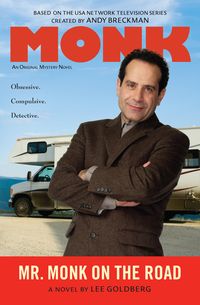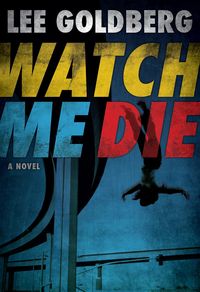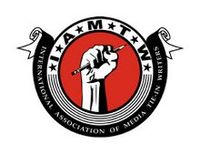People are always asking Lawrence Block when he's going to write another Bernie Rhodenbarr book. He doesn't know. Besides, he's not interested in writing what you want him to write… because that's not what drives him, or most writers, to put words on the page. He says:
It’s counterproductive to tell me what you want me to write. I sincerely hope that my writing pleases you, but if you think I’m here to give you what you want, there’s a lot you don’t understand about writing, and no end of things you don’t understand about me. The greatest disservice I could do my readers is to try to give them what they want. That’s just not part of my job description. All I can do is write my books my way, and try to make them so irresistible that you enjoy reading what I want to write.
[…]as much as I might want to write a book about Bernie, or any other character, the desire’s not all that’s required. There are writers who can write anything they’re asked to write, and I thank whatever gods may be that I am not of their number. I probably was, early on, but I got spoiled, and for years now I’ve been unable to go on writing a book unless it engages me.
I love my readers. I need my readers. But some readers have the ridiculous notion that the novelists they read work for them and have an obligation to keep churning out the same book over and over. Some authors are quite content to do that. But even among those authors, I know many of them keep writing book after book about the same characters because they love it, because that's what they are driven creatively to do, and not only because its what their readers and publishers want from them. I'm on my 14th MONK book, and I can tell you I'm not writing them for the money. If I was, I would have quit long ago, because the money is far from spectacular.
Others, like Lawrence Block, would rather go where-ever their muse takes them, regardless of whether it makes the most commercial sense or disappoints some of their fans (I am sure there are scores of readers who wish he'd do nothing but write Scudder and Burglar books for the rest of his life). He writes the story that he has to tell…not the story that you, or me, or the publishers want him to tell.
I admire that about him. Maybe it's that dedication to his muse, and not his readers, that's one of the keys to his prolific output and great success.






